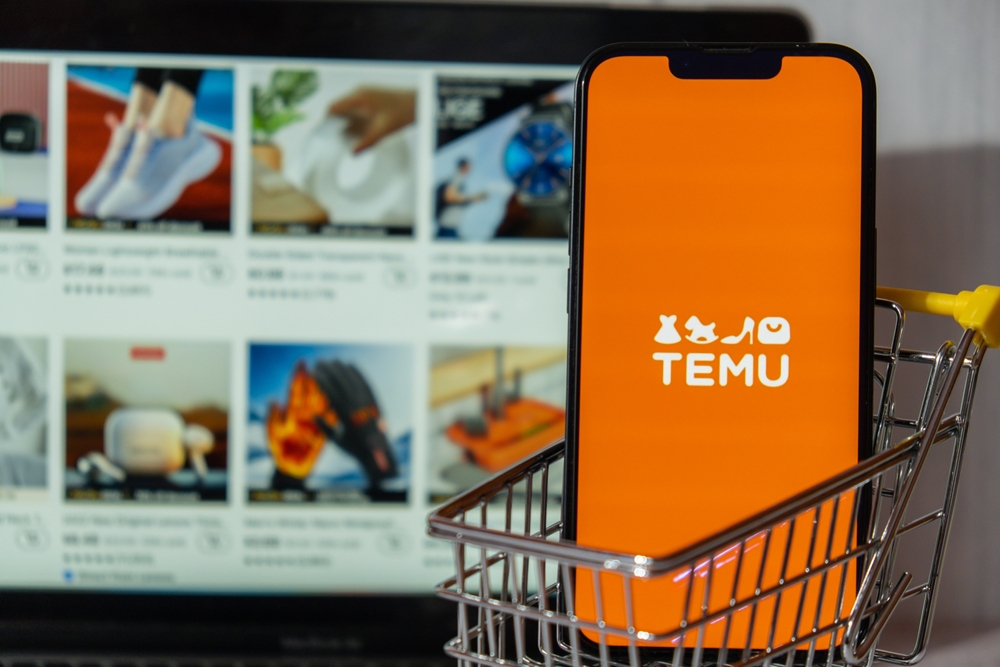
Analysis: Temu sells products in US linked to forced labor in China's Uyghur region
['US', 'Temu', 'Xinjiang', 'Chinese', 'company']
Products made in China's western province of Xinjiang are being sold to U.S. consumers through the online shopping platform Temu, in breach of a U.S. ban that forbids goods from the region due to links to forced labor, according to research by a global supply…
Analysis: Temu sells products in US linked to forced labor in China's Uyghur region
Products made in China's western province of Xinjiang are being sold to U.S. consumers through the online shopping platform Temu, in breach of a U.S. ban that forbids goods from the region due to links to forced labor, according to research by a global supply chain verification firm. Temu is chasing Shein, the Chinese fast-fashion behemoth with estimated U.S. sales of $8 billion last year. Temu operates a similar model but goes a step further and handles delivery, promotion and after-sales services for merchants on its platform, as its Chinese parent seeks to expand in the U.S. and European markets quickly. Shipments from China sold directly to consumers can bypass the U.S. ban on Xinjiang products because they fall below an $800 value threshold that triggers reporting requirements to U.S. Customs and Border Protection. An April report from the Congressional U.S.-China Economic and Security Review Commission said Shein and Temu pose "Risks and challenges to U.S. regulations, laws, and principles of market access" resulting from such direct-to-consumer sales. Republican Representative Mike Gallagher, chair of the House Select Committee on the Chinese Communist Party, and the panel's top Democrat, Raja Krishnamoorthi, sent letters to Temu, Shein and two other companies in May seeking to determine whether they are importing products derived from forced labor in China. Forced labor goods with ties to Xinjiang, "Such as car parts, solar panels, rayon, and garments from fashion companies such as Temu and Shein continue to enter the US market."